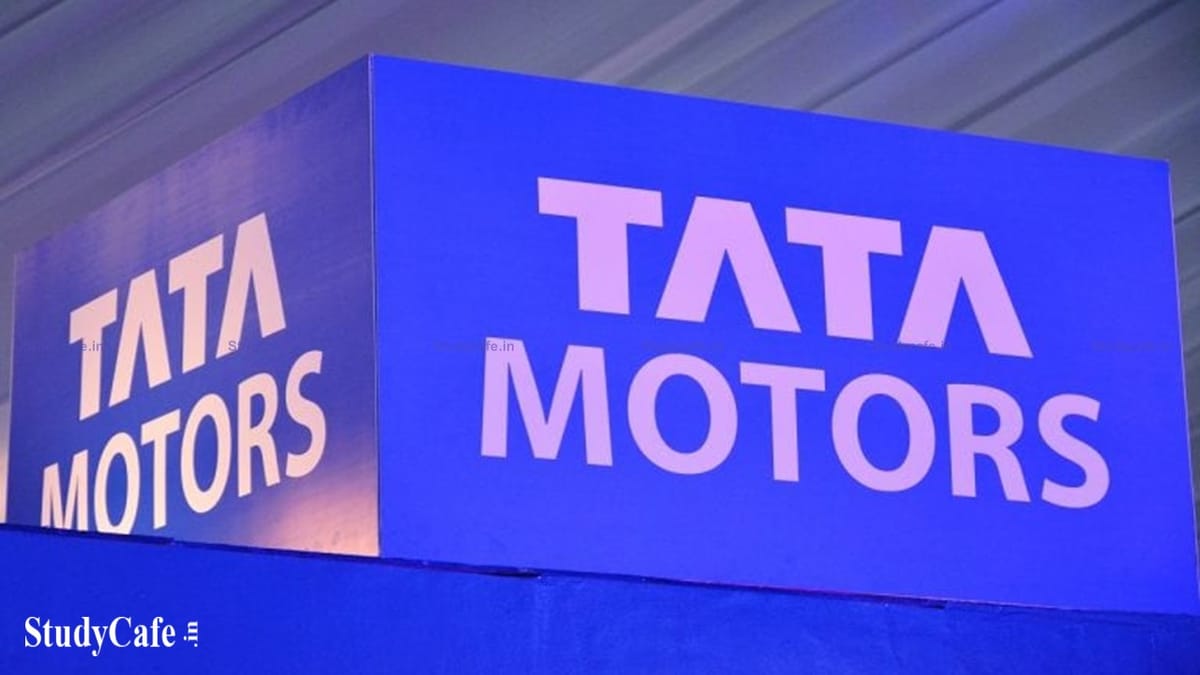Reetu | Dec 10, 2021 |

Tata Motors plans to invest more than $1 billion in the Electric Commercial Vehicles in 4-5 Years
According to those in the know, Tata Motors, the country’s largest truck manufacturer, has planned an investment of more than $1 billion (about Rs 7,500 crore) in the next 4-5 years to recraft its road map for the commercial vehicle market, with electric vehicles at its core.
The business, which has dominated the passenger electric vehicle (EV) market, is switching to new-age platforms meant to produce futuristic EVs in the commercial vehicle (CV) market as well. These vehicle architectures will also be able to support CNG, LNG, and diesel powertrains, which is a considerable departure from the past, when fossil-fuelled vehicles were re-engineered to manufacture EVs.
Tata Motors NSE 0.01 percent aims to lead and advance electrification in the marketplace, as it has done with conventional powertrains in the past, according to Girish Wagh, executive director Of commercial vehicle business at Tata Motors. It is developing a range of solutions for short-range battery-powered vehicles for the last mile with modest CV offers, as well as gas-based fuel-cell electric vehicles for longer ranges. However, before that, the transition to CNG will be rapid.
“Initially, gaseous fuel will be used to electrify CVs. One has noticed a substantial movement toward CNG, and the enhanced distribution (of CNG) is projected to accelerate further. We have re-examined the entire range and applications, which we will work on and prioritise in the back end with a reworked modularity strategy “”A lot of work is happening on delivering solutions with real-world experiences,” Wagh said, adding, “a lot of work is happening on delivering solutions with real-world experiences.”
Wagh, on the other hand, refuses to comment on the amount of investment anticipated or any plans to establish an EV subsidiary, calling such discussions “speculation.”
The new roadmap is being implemented at the same time that the company is revamping its sales and marketing interface with the addition of senior marketing professionals such as Shubranshu Singh, who joined from Royal Enfield, and former Ford India managing director Anurag Mehrotra, who will lead the company’s international business and strategy.
Wagh believes that while total cost of ownership parity in favour of electric vehicles over diesel vehicles may occur sooner, it may take EVs a little longer to attain that parity over CNG vehicles.
Aside from the last mile, some steel and cement firms have requested electric trucks for mining applications, and the company has already begun working on a solution.
While there is no formal strategy for Tata Motors to establish an independent entity for the electric CV business, industry analysts say it is nearly an inevitable conclusion. Tata Motors is currently focusing on having a robust product portfolio and building a customer base in order to secure a healthy valuation.
To be sure, Tata Motors’ nearest rival, Ashok Leyland, is already looking for a partner for its EV venture, Switch Mobility.
“We invested over Rs 1,800 crore in FY20, which was our largest ever investment for the year; with the approaching BS-VI phase-2 emission requirements and a strong focus on EVs and CNG, we may need to invest a similar amount in the following years,” he stated.
The new vehicle range is being curated to fulfil the future BS-VI, RDE or Real-time driving emission requirements, which go into effect on April 1, 2023.
Tata Motors now provides three electric CVs, all of which are buses: 9/9, 12m low floor, and 12m regular floor. A variety of products are also in the pipeline.
Indian Oil Corp. placed an order for 15 hydrogen fuel cell electric buses earlier this year.
Tata Motors has so far provided over 650 buses to various state transportation companies and has accumulated 20 million kilometres of on-road EV experience.
During a recent meeting between Tata Motors executives and Tamil Nadu Chief Minister MK Stalin, Wagh stated that the company was looking for a small plot of land in the state for a driving motor training school. Within 48 hours of the meeting, the company was given a couple acres of property, and the discussion also included solving any public transportation needs – if Tata Motors could do it, he added.
Wagh dismissed discussions of Tata Motors’ involvement in Ford’s manufacturing near Chennai as “mere speculation.”
Meanwhile, the truck manufacturer anticipates that the market will expand 20-22 percent this fiscal year and that the pace will continue in the future fiscal year. The economic recovery is gaining traction, with freight loads already exceeding pre-Covid levels.
In case of any Doubt regarding Membership you can mail us at [email protected]
Join Studycafe's WhatsApp Group or Telegram Channel for Latest Updates on Government Job, Sarkari Naukri, Private Jobs, Income Tax, GST, Companies Act, Judgements and CA, CS, ICWA, and MUCH MORE!"